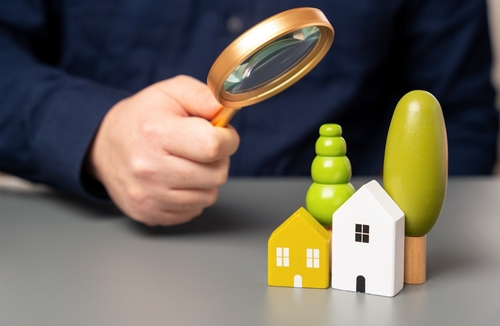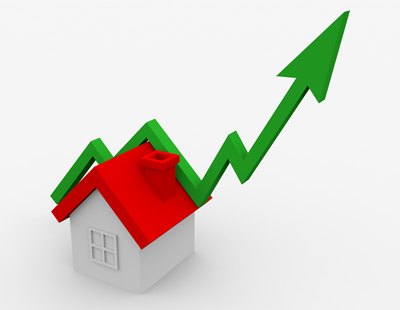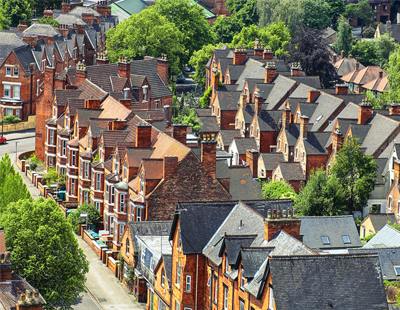The level of house price growth is at a 17 year high at 11.2 per cent according to the Nationwide.
The annual pace of growth was faster than the 10.4 per cent seen in December and the strongest since June last year - although Nationwide cautions that this will slow down later in 2022 as the cost of living crisis reduces consumer confidence.
The monthly rise in January was 0.8 per cent, the six straight month of increases, and the average home in Britain is now £255,556.
Nationwide chief economist Robert Gardner says: “Housing demand has remained robust. Mortgage approvals for house purchase have continued to run slightly above pre-pandemic levels, despite the surge in activity in 2021 as a result of the stamp duty holiday, which encouraged buyers to bring forward their transactions to avoid additional tax.
“Indeed, the total number of property transactions in 2021 was the highest since 2007 and around 25 per cent higher than in 2019, before the pandemic struck.
“At the same time, the stock of homes on estate agents’ books has remained extremely low, which is contributing to the continued robust pace of house price growth.”
Anthony Codling - property analyst and PropTech entrepreneur - says: “Over the last year, UK house prices have increased, on average by around £500 per week.
“However, as house prices continue to grow faster than wages, the costs of living increase, and with interest rate rises on the horizon can this house price momentum be maintained?
“Time will tell. House prices remain underpinned by a shortage of supply which will underpin house prices in the near term suggesting to us that housing transaction levels are more likely to fall than house prices in the near term.”
Jeremy Leaf, north London estate agent and a former RICS residential chairman, adds: 'This well-established survey and trend identifier is one of the first to report on the state of health of the 2022 UK property market. It confirms what we have seen on the ground – a resilient market with prices still rising in response to improving but continuing low stock levels.
“Looking forward, higher interest rates and inflation will inevitably have some impact on the pace of price increases and number of transactions.”
And Mike Scott - chief analyst at online agency Yopa - comments: “People are still adapting to their post-pandemic lifestyles, and spending the ‘accidental savings’ they have made during pandemic restrictions. We do expect demand to start to cool down in the second half of the year due to stretched affordability and rising interest rates, but with stock levels so low this is unlikely to lead to a downturn in house prices.”
Finally, London agent Marc von Grundherr, director of Benham and Reeves, states: “The London market looks poised to outperform the wider UK over the coming year. We’ve seen a huge uplift in both tenant and homebuyer demand following the pandemic inspired exodus and many have now realised that London is where they want to be, not just where they need to be.
“Foreign homebuyers are also returning at quite a rate, many of whom are unfazed about rising inflation or the resulting increase in interest rates and this will help rejuvenate the London property market considerably.”














.png)


.png)




Join the conversation
Jump to latest comment and add your reply
What goes up, surely must come down.
If my electricity bill can rise by 40% last year and another 40% this year, the sky is the limit with house prices and any other product or service we need to purchase.
Question is, will our wages or profits keep up with the pace of inflation.
Please login to comment